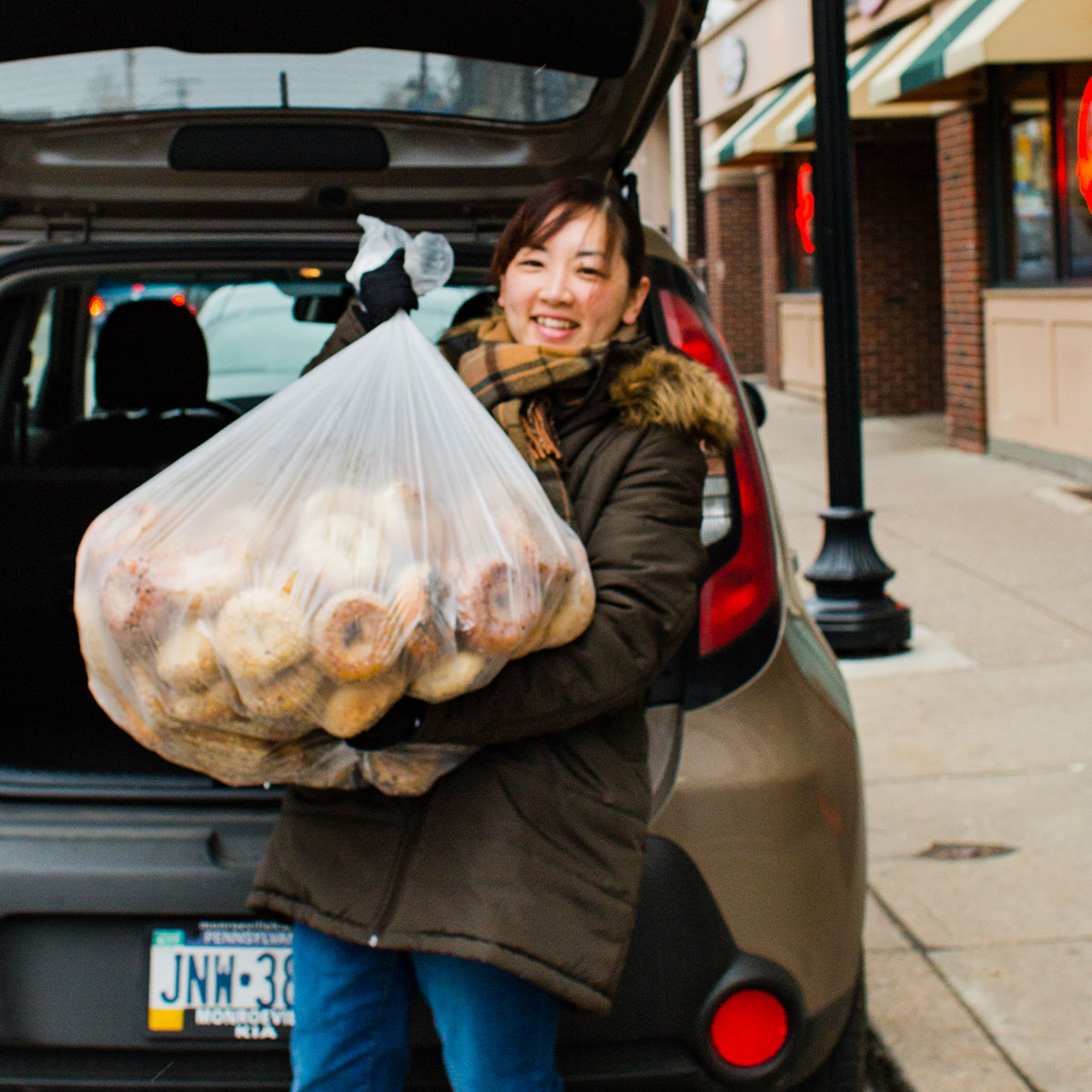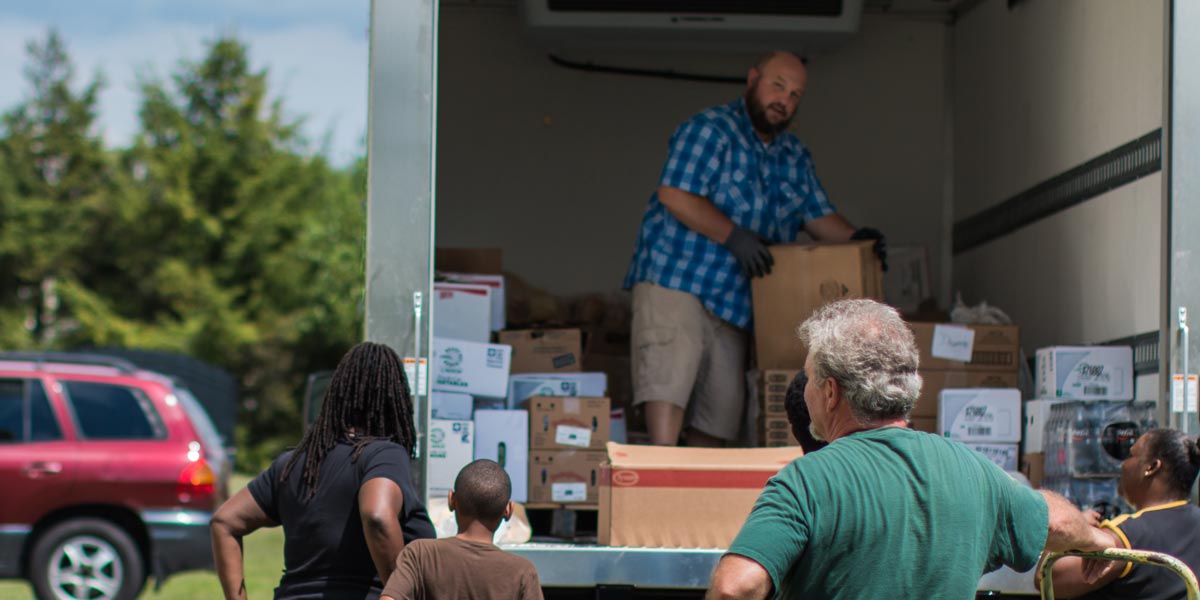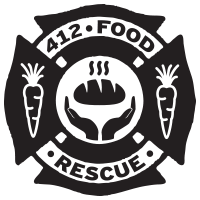Have some questions about us? Wondering how to donate food? Need to know how to receive food? Are you interested in learning how you can play a role to end food waste and hunger in our communities? Check out the FAQs and answers below.
FAQs

If you've got questions, we've got answers.
What is 412 Food Rescue?
Founded in 2015 as a direct response to the disconnect between food waste, hunger, and environmental sustainability, 412 Food Rescue brings perfectly good surplus food to individuals and families experiencing food insecurity. Volunteer Food Rescue Heroes transport this food from donors to nonprofit partners through our innovative mobile app – Food Rescue Hero.
Why end food waste?
We waste up to 40% of our food while 1 in 7 are hungry. According to the United Nations, if we recover all the food that is lost or wasted, we will have enough to feed all who are hungry four times over. According to the Environmental Protection Agency, over 97% of food waste generated ends up in the landfill. This comprises the single largest component of municipal solid waste, generating a large portion of U.S. methane emissions—a greenhouse gas 21 times more potent than carbon dioxide.
How does 412 Food Rescue work?
412 Food Rescue works with local food businesses and retailers (grocery stores, restaurants, wholesalers, farmer’s markets, etc) by rescuing their surplus food and transporting it directly to nonprofit and community based organizations (shelters, family support centers, housing authority sites, etc) where the food is provided to individuals and families experiencing food insecurity.
Our volunteers, also known as Food Rescue Heroes, are at the core of 412 Food Rescue’s success.
How can I volunteer for 412 Food Rescue?
There are multiple ways to volunteer with 412 Food Rescue! Check out how to volunteer.
If you do not have the capacity to volunteer your time, you can also support 412 Food Rescue by attending our community events, purchasing our products, and / or contributing financially to support our work! Have more questions? Email us at info@412foodrescue.org.
How can I receive food from 412 Food Rescue?
We do not provide food to individuals, only organizations. If you are an individual in need of food, please check BigBurgh for a list of resources in your area. If you are a nonprofit that wants to receive food, become a nonprofit partner.
How can I donate food to 412 Food Rescue?
Due to food safety requirements, 412 Food Rescue cannot accept food produced by an individual or provide food directly to individuals. All food donations must be produced in a commercial, ServSafe certified kitchen and cannot have been set out (i.e. on a buffet) or unwrapped / uncovered. If you have a possible food donation that meets these requirements, please call 412-277-3831.
Once we determine if we can accept the donation, we will match the donation with an appropriate nonprofit partner.
How is 412 Food Rescue different from a food bank?
412 Food Rescue does not bank food and rather complements food banks, pantries and other hunger relief organizations. We rapidly and directly transfer surplus food from source to the recipient. About half of the food we rescue is highly perishable. By meeting folks where they live, work, and learn, we can ensure that this food is being used quickly, often dropped off in the morning and used by that evening.
How does 412 Food Rescue ensure that the food is going to people who need it?
Prior to being placed, food donations are vetted through a personal contact at the receiving organization. This helps ensure that we are not only delivering food that people want, but also in a realistic quantity that can be given away instead of becoming food waste.
How are you sure that people receiving the food are not wasting it?
The University of Pittsburgh conducted a study of 412 Food Rescue’s drop off sites and found that of all recipients, 90% were using the food themselves. If they were not using it themselves, they were giving it to friends and neighbors.
Do you have a nutrition policy?
We do not accept soda, candy, or sugary cakes and cookies as stand alone donation.
Are donations tax deductible?
YES! At the end of each year, our donors receive a report on their donations which includes information required to receive tax incentives including the full benefits provided by the PATH Act.




